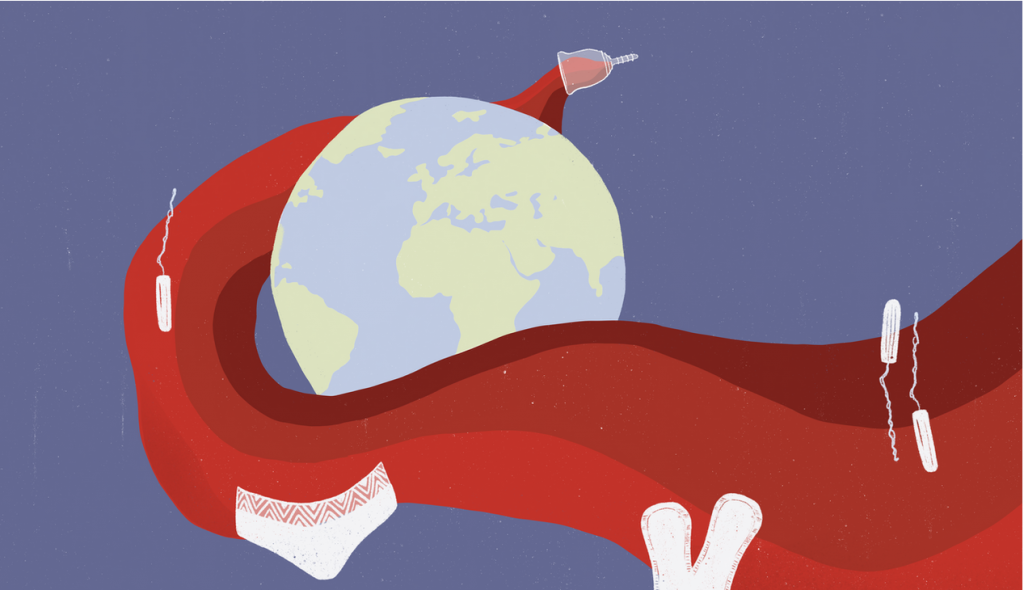STAND and USI are demanding global menstruation justice now and are urging students across Ireland to take action. Around 26% of the global population are of reproductive age and more than 800 million people menstruate daily (UNICEF & Global Citizen). Women and menstruators around the world are facing significant barriers, disempowerment and shame and it’s holding us all back. So, it’s time to #FreetheFlow.
Join the Free The Flow campaign as outlined by USI and STAND below.
Promoting menstrual equity is key to supporting people with periods. Menstruation justice encompasses all pillars of sustainability – economic, environmental, social and cultural. We at STAND want to look at it from all angles and we want you to join our campaign.
Overall annual costs of period products per woman in Ireland are estimated at €96.72. With the inclusion of pain relief, this can be estimated at a minimum of €121 per annum (Department of Children, Equality, Disability, Integration and Youth).
National data suggested that approximately 53,000 – 85,000 women and girls in Ireland may be at risk of period poverty. And globally, 12.8% of people with periods live in poverty and struggle to access the resources to manage their periods (UN Women & Department of Children, Equality, Disability, Integration and Youth). Tampons, pads and panty liners along with their packaging and individual wrapping generate more than 200,000 tonnes of global plastic waste per year and the average person who menstruates throws away up to 200 kg of menstrual products in their lifetime. (Friends of the Earth).
From material problems like a potential lack of access to sanitation supplies to social biases that characterise menstruation as ‘unhygienic’ or ‘unclean’, period stigma ultimately results in a lower quality of life for those who are faced with it. Stigma leads to misinformation, myths and mistreatment and it keeps women and girls around the world from accessing basic human rights.
Myths about cleanliness keep people with periods from the classroom and interrupt their education; putting them at a greater risk of child marriage, and getting pregnant at a younger age, which comes with heightened health risks (UN Women).
So we’re asking the big question: why? Why does it have to be this way?
We believe that when we #FreetheFlow everyone benefits. We’re all held back without menstrual equity. So, we’re asking those who menstruate, and those who don’t, to take action.
Join us to tackle stigma, increase accessibility and sustainability, and reduce the factors that contribute to period poverty. We, as a collective, have the power to change this cycle.
We want you to take local action for global change, ensuring that women and menstruators around the world are empowered rather than burdened every time their period comes around.
The #FreetheFlow campaign will introduce us to the barriers to menstruation justice and explore the ways we can break them down. When you join us and take the pledge we’ll send you a list of ways to be a period activist, a flow fighter, a bloody revolutionary!
Campaign Event Guide
The #FreeTheFlow campaign will bring together activists and experts to share information and insights that will inspire students to stand up for menstrual equity.
Among those featured are Candice Chirwa, the ‘Minister of Menstruation’, Lama Naja the Gender and Inclusion Specialist at Plan International Lebanon, and Anne Holmes, Development Specialist at the Department of Foreign Affairs.
Explore more on developmenteducation.ie
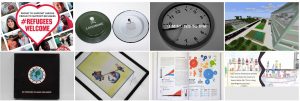
From Nicaragua to Ireland: Fairtrade Coffee and Global Solidarity
Fátima Ismael of Soppexcca, Cathal Murphy from Bewley’s and Fairtrade practitioner Kieran Durnien discuss 20 years of Fairtrade coffee solidarity linking Nicaragua and Ireland.
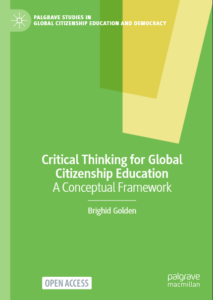
Critical Thinking for Global Citizenship Education
Join Brighid Golden for the launch of her latest book, ‘Critical Thinking for Global Citizenship Education: A Conceptual Framework’
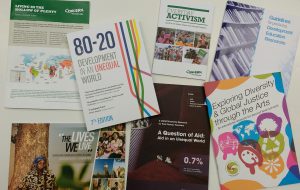
Your voice matters – 2026 user survey open
It’s January, its 2026, and we want to hear what you’d like us to feature or work on in 2026.
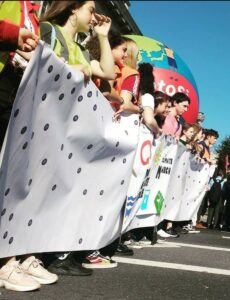
Calling Post Primary Teachers – Survey Participation Request
Your voice is vital in shaping the future of education for sustainable development in Ireland. Join a national survey for post primary teachers in October, led by DCU researcher Valerie Lewis
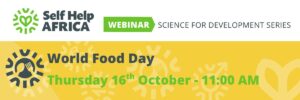
Webinar: Science for development on World Food Day
The webinar will feature YSTE projects, from Santa Sabina Dominican College (Dublin), Moate Community School (Westmeath) and CBS Thurles that focussed on nutrition and better food production, with Self Help Africa’s nutrition and gender specialist in Ethiopia, Sara Demissew.
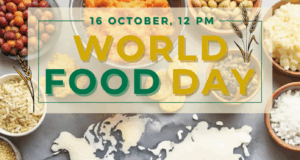
Student & teacher webinar: Food, hunger and SDG 2
Join the World Food Day webinar for post primary school students and teachers which will explore SDG 2: Zero Hunger.


